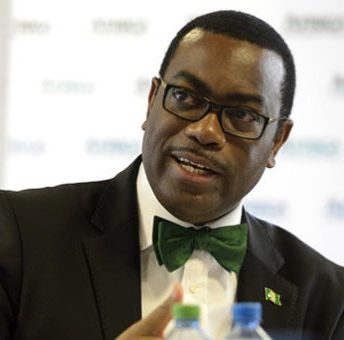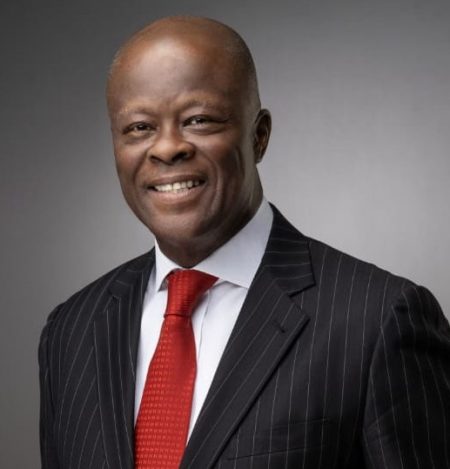Pazarbasioglu welcomed China’s participation in a debt treatment package for for Chad, the first country to complete the process under the Common Framework set up in late 2020 by the Group of 20 major economies.
Zambia’s finance minister told the Reuters NEXT conference on Wednesday that his country was pushing to complete the restructuring of nearly $15 billion of external debt in the first quarter of 2023 and was engaging actively with its largest bilateral creditor China.
Pazarbasioglu said it was critical to move forward and that “outreach to China next week is very important, at the highest levels.” She noted that President Xi Jinping was the only leader to mention the framework in remarks at the G20 summit in Indonesia.
U.S. Treasury Secretary Janet Yellen and other officials from the Group of Seven advanced economies have accused China of delaying efforts to restructure the debts of heavily indebted countries.
About a quarter of emerging market economies – and 60% of low-income countries – are at or near debt distress, the IMF has said, and it is urging countries to seek help early rather than wait until they were in full-blown crisis.
Pazarbasioglu said China was hosting a meeting of the “Premiere Plus,” including international financial institutions and officials from China Development Bank and the Export-Import Bank of China. Such meetings used to take place regularly, but were cancelled during the height of the COVID-19 pandemic.
“It’s moving – very slowly, but it’s moving,” Pazarbasioglu said, noting that the participation of mining company Glencore Plc in the Chad treatment was also “a very good sign” that “even the most difficult private sector participants” were participating.
She said the Paris Club of official bilateral creditors had taken years to hammer out their debt relief processes, and China was learning, although she noted that the debt issues facing borrowing countries now were acute.
“The problem we have is that we don’t have that time right now because these countries are very fragile and dealing with debt vulnerabilities,” she said. “What we need is speed.”
Pazarbasioglu said the IMF would continue to press for changes to the Common Framework, including a freeze in debt payments when countries apply for a debt treatment, as well as clearer procedures and timelines for action, and ensuring comparable treatment for private creditors.
One key issue was that large creditors needed to work out internal institutional mechanisms to deal with the unviable debts and prepare for haircuts.
Follow us on twitter




